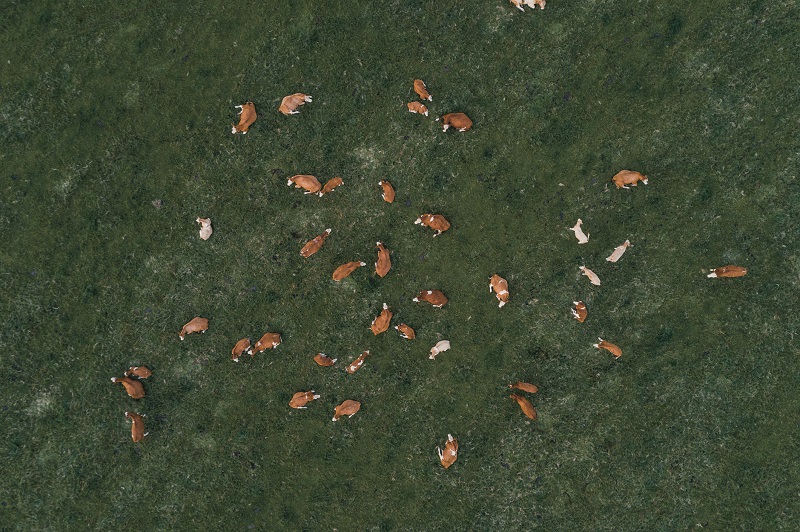- Location
- Essex
Quite, there's nothing like bought wit.No such thing as a mistake, is there?
I would put it another way, if it costs X£ to make a tonne of silage, then lower quality silage is more expensive than higher quality silage on an energy/ nutritional basis
I would be more likely to just graze/mulch/cycle poorer quality forage due to the economics of "increasing the cost of low-value products",, even if that is the mission statement of agriculture, it still requires questioning
This is my last housing period. Planning to graze more cattle over the summer and not make any more silage straw or muck. That's where all the work and expense is.
I said that last year but got forced into the silage making (or so I thought), so gave it one more roll of the dice.






